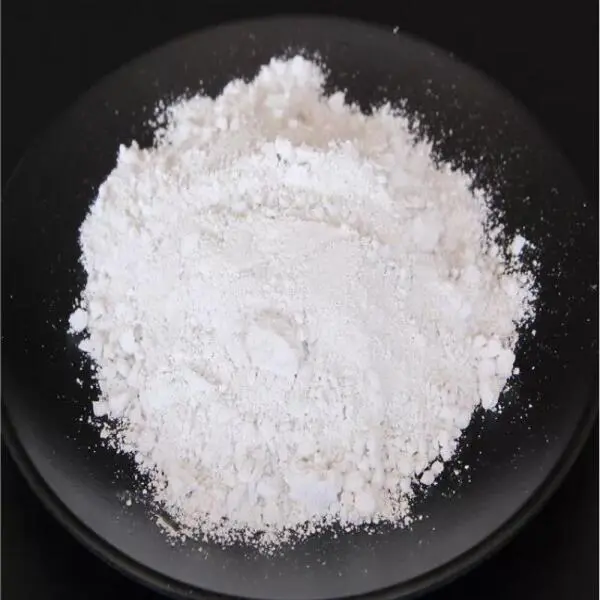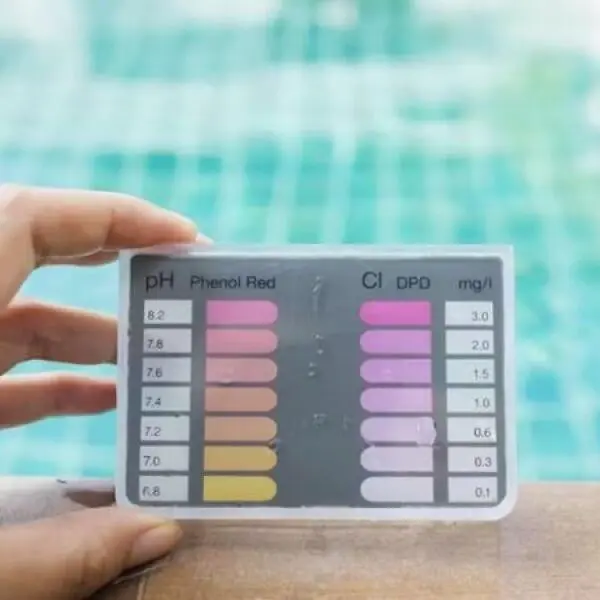
Alkalinity water is an increasingly popular topic in health and wellness discussions. As consumers seek ways to improve hydration and overall health, the concept of alkaline water has garnered significant attention. But what exactly is alkalinity water, and is it genuinely beneficial? This article delves into its definition, purported benefits, potential risks, and how it is created.
What is Alkalinity Water?
Alkalinity water, commonly referred to as alkaline water, is characterized by its pH level, which measures the concentration of hydrogen ions in the solution. Measuring hydrogen ions is important because it helps determine the water's potential to affect chemical reactions, biological processes, and its suitability for consumption, as extreme pH levels can influence health outcomes. The pH scale is bounded by 0 and 14:
- Acidic solutions: High concentration of hydrogen ions, pH < 7.
- Neutral solutions: Balanced hydrogen ion concentration, pH = 7 (e.g., purified water).
- Alkaline solutions: Low concentration of hydrogen ions, pH > 7.
The higher the pH level above 7, the stronger the water's alkalinity. Alkaline water is typically created through an ion generator that utilizes electrolysis. During this process, water molecules are either removed or added to alter the pH, separating acidic and alkaline components. This allows water purifier manufacturers to design systems that deliver alkaline water with a desired pH, often ranging between 8 and 9.5.
For example, purified water treated via reverse osmosis (RO) has a neutral pH of around 6.5 to 7. With ionization technology, this pH can be increased to create alkaline water.

What is Alkalinity Water?
Is Alkalinity Water Good for You?
The answer is both nuanced and dependent on individual perspectives. Below are the proposed benefits and potential risks associated with alkaline water:
Benefits of Alkaline Water
- Slowing Down Aging Many water purifier manufacturers claim that alkaline water can help decelerate the aging process by neutralizing free radicals and reducing oxidative stress. However, the level of scientific evidence supporting this claim varies, and further research is needed to confirm these purported effects. This is attributed to its antioxidant properties, primarily due to the presence of hydrogen ions.
- Improved Digestive Health Research from the Japan Alkaline Ion Association suggests that drinking water with a pH of 9.5 may alleviate symptoms like chronic diarrhea, constipation, and excess stomach acid. These improvements are thought to stem from the water’s ability to balance stomach acidity.
- Better Hydration Alkaline water is believed to enhance hydration due to its smaller molecular clusters, which may allow for easier absorption by the body.
- Supporting Health Conditions According to Dr. Hayashi Hidemitsu, Director of the Japan Water Institute, alkaline water may benefit individuals suffering from: Lung diseases, Gout, Diabetes, Hypertension
- These effects are linked to its potential to combat age-related oxidative damage in the body.
- Electrolyte Content Alkaline water often contains essential electrolytes like calcium, magnesium, and potassium, which support muscle function and hydration.
Scientific Evidence
While some benefits have been observed, it is essential to note that many studies focus on small sample sizes, short durations, or specific populations, such as animals or individuals with preexisting conditions. These limitations make it difficult to generalize findings to broader human populations. For example, research involving small sample sizes or animal models may not translate directly to universal human benefits. Nevertheless, anecdotal reports and initial findings have contributed to the growing interest in alkaline water.
Potential Hazards of Alkaline Water
Despite its popularity, there are significant considerations regarding the consumption of alkaline water:
- Quality Concerns The effectiveness and safety of alkaline water largely depend on the quality of the source water. Tap water used for ionization may still contain harmful contaminants like lead, mercury, and pesticides, as most ionizers do not filter out these impurities.
- Disruption of pH Balance Overconsumption of alkaline water can disrupt the body’s natural pH levels. In severe cases, this imbalance may lead to metabolic alkalosis, characterized by: Nausea, Vomiting, Muscle twitching or tremors, Tingling in the limbs
- Lack of Comprehensive Research Claims about alkaline water’s health benefits are often based on marketing rather than extensive scientific studies. Current research has primarily involved fewer than 100 participants, limiting its reliability.
- Potential Misuse Although alkaline water may complement certain health practices, it is not a cure for diseases. Relying on it as a standalone solution for medical conditions can delay proper treatment.
Creating Alkaline Water: How It Works
Alkaline water is produced using advanced technologies, including ion generators and electrolysis systems. These devices:
- Fractionate water into its acidic and alkaline fractions
- Alter the molecular structure by removing or adding electrons.
- Modify the pH level to the target range.
Some water purifiers also enhance the water by adding minerals like calcium or magnesium, further increasing its alkalinity. While these methods are effective, the resulting water’s safety and quality remain contingent on the input water.

Creating Alkaline Water: How It Works
For Whom is Alkaline Water Suitable?
Alkaline water may be suitable for individuals who:
Those with impaired digestion
If you frequently experience digestive discomfort such as heartburn, acid reflux, or indigestion, alkaline water may offer some relief. Its alkaline properties can help neutralize stomach acid, potentially easing these symptoms. However, it's crucial to consult with a healthcare professional to determine the underlying cause of your digestive issues and discuss appropriate treatment options.
Sport and fitness devotees
Athletes and individuals who engage in regular physical activity may benefit from consuming alkaline water. It can aid in hydration by replacing electrolytes lost through sweat, potentially improving athletic performance and reducing muscle soreness. Additionally, the antioxidants present in alkaline water may help combat oxidative stress caused by intense exercise.
People Searching for Foods Rich in Antioxidants
Antioxidants in alkaline water can neutralize harmful free radicals. These free radicals can contribute to cellular damage and aging. By consuming alkaline water, individuals may be able to reduce oxidative stress and promote overall health.
Individuals with Kidney Conditions, Heart Issues, or Those on Medications
People with kidney conditions or heart issues should be particularly cautious when consuming alkaline water. Excessive intake of alkaline water may disrupt the body's delicate acid-base balance, potentially leading to adverse health effects. Additionally, individuals taking certain medications should consult with their healthcare provider to ensure that alkaline water does not interfere with the effectiveness of their medication.

For whom is alkaline water suitable?
Conclusion
While alkaline water offers several potential benefits, including improved hydration, digestive health, and antioxidant properties, its risks and limitations must be carefully considered. As research into what is water alkalinity continues, consumers should approach claims about its health effects with cautious optimism.
Ultimately, the decision to include alkaline water in your diet should be informed by personal health needs, the quality of the source water, and consultation with medical professionals. With balanced consumption, alkalinity water can be a refreshing addition to your hydration routine, but it is not a one-size-fits-all solution.
Related Articles
What Happens When Alkalinity in Pool is Too High or Too Low?
Has your pool water turned cloudy or developed unsightly scaling on its surfaces? These are common ...
What is Pond Water Alkalinity and Why Does it Matter?
As a pond owner, ensuring the health and well-being of your Koi and Goldfish requires a keen ...
The Impact of Heavy Metals on Aquaculture Water: Challenges and Solutions
Aquaculture water is an indispensable resource in ensuring the health and sustainability of aquatic ...
The Use of Antibiotics in Farming and Their Impact on Society
Antibiotics in farming are important in modern, supporting livestock health and ensuring efficient ...
What Is an Alkaline Solution?
An alkaline solution is a liquid mixture formed when an alkali dissolves in water, creating a ...
How Can I Measure and Maintain Proper Alkalinity Levels?
Alkalinity is a crucial property of water that influences its ability to maintain a stable pH ...






